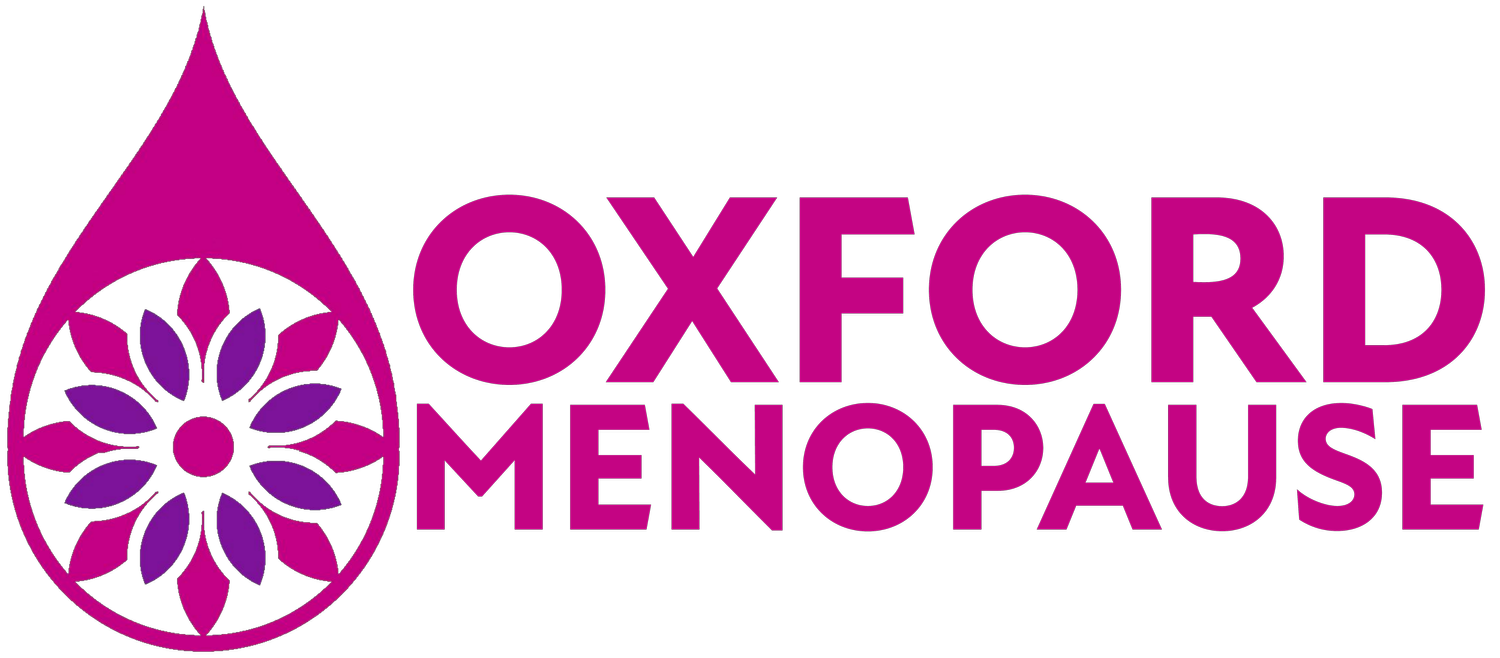What is the menopause?
What is the Menopause?
The Menopause is when a woman gradually stops having periods and is no longer able to fall pregnant naturally. This happens when your ovaries stop producing as much of the hormone oestrogen and no longer produce an egg each month. The menopause usually occurs between 45 and 55 as a woman’s oestrogens level decline, the average age for this to happen is 51 in the UK, but the peri-menopause can start years before with many different symptoms. Periods usually become less frequent over a few months or years before they stop altogether but in some women they stop suddenly. Around 1 in 100 women experience menopause before the age of 40, this is known as premature menopause or premature ovarian insufficiency.
Symptoms of the Menopause
Most women will experience some symptoms of menopause. For some but not all, these will be severe and can really affect your everyday life. While we may have heard of some of the symptoms some are less well known. Common symptoms include:
Hot flushes
Night sweats
Vaginal dryness
Difficulty sleeping
Tiredness
Low mood
Anxiety
Brain fog
Low libido
These are caused by changes in hormones as your ovaries stop producing oestrogen and while this is a natural part of growing older it may also be caused by surgery to remove ovaries, some cancer treatments or brought on by an underlying condition.
What treatment is available?
Treatment is available to help you manage the symptoms of menopause, these are different for every woman and so treatment should be tailored to each individual woman. Hormone Replacement therapy (HRT) is available as tablets, patches, gels, implants and spray and replaces the oestrogen your body is no longer producing. Oestrogen is also available as a cream, pessary and ring to treat vaginal symptoms. In addition to hormone therapy, there are alternatives some women choose to try, particularly if hormone therapy is not appropriate as a result of past health issues. Lifestyle changes may also be beneficial, these include maintaining a healthy weight, exercising regularly, reducing and stopping smoking and reducing alcohol intake.
